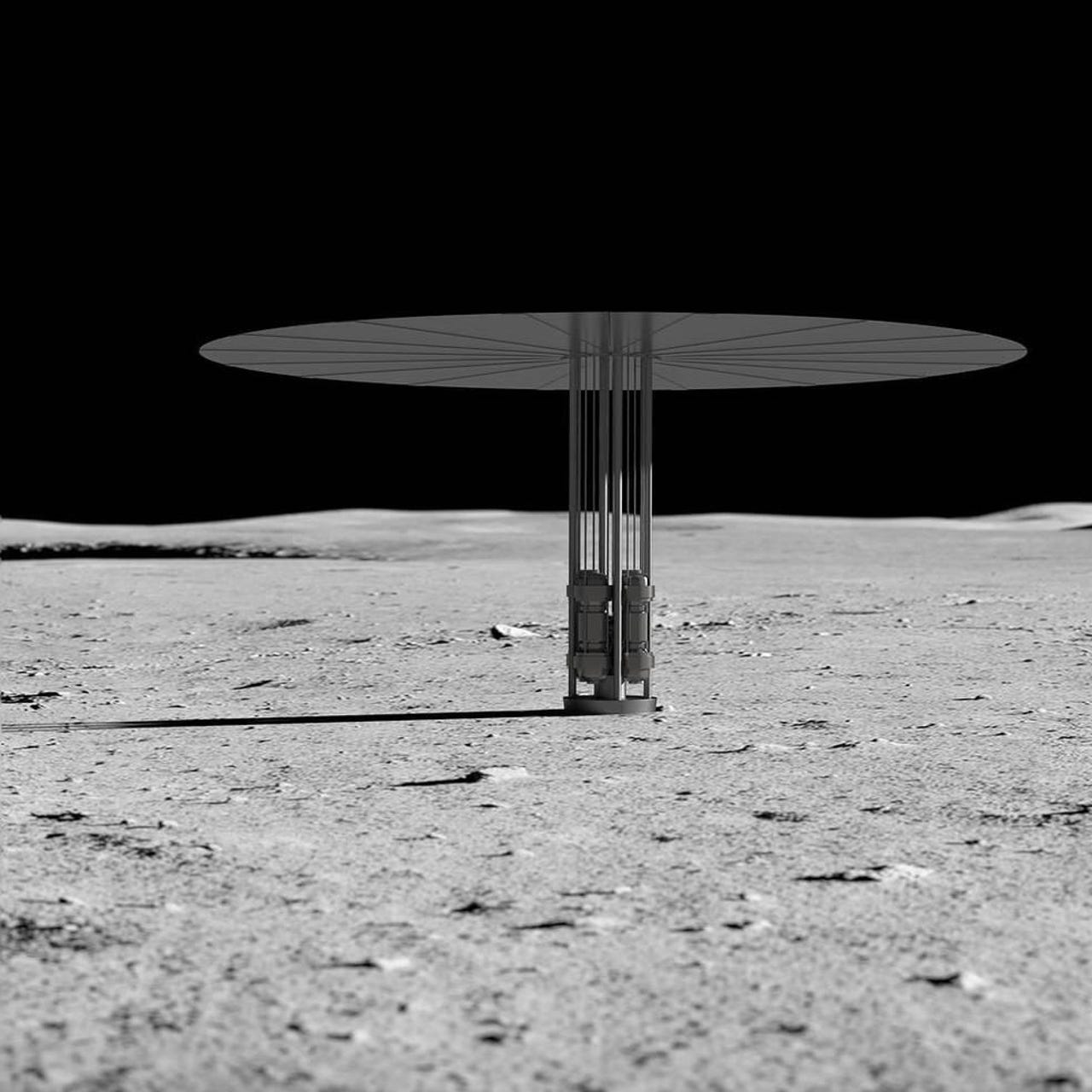
































Fission surface power systems -depicted in this conceptual illustration -could provide reliable power for human exploration of the moon under Artemis.
NASANASA and the US Department of Energy (DOE) have chosen a handful of companies to design concepts for bringing nuclear power to the moon, the agencies announced Tuesday. With three 12-month contracts valued at$5 million each, the companies are expected to design fission surface power systems design could be ready to launch by the end of the decade for a demonstration on the moon.
NASA and the DOE are exploring nuclear power since electricity, obviously, isn't exactly readily available on the moon or farther out in space. When astronauts return to the moon and eventually travel to Mars, they'll need a power system that's reliable and lightweight. It should also be capable of running in different locales, as well as different environmental and weather conditions. Fission systems meet the criteria.
By the end of the decade, NASA and the DOE want to test a 40-kilowatt class fission power system on the moon. To put that in perspective, a 40-kilowatt system could provide enough power to continuously run 30 households for 10 years.
The companies receiving the new contracts are expected to design 40-kilowatt systems that should last at least 10 years in the lunar environment.
"The Fission Surface Power project is a very achievable first step toward the United States establishing nuclear power on the moon," John Wagner, director of the DOE's Idaho National Laboratory, said in a statement. "I look forward to seeing what each of these teams will accomplish."
The three contracts are going to Lockheed Martin, which will partner with BWXT and Creare; Westinghouse, which will partner with Aerojet Rocketdyne; and IX, a joint venture of Intuitive Machines and X-Energy which will partner with Maxar and Boeing.
 Tags quentes :
Inovação
Espaço
Tags quentes :
Inovação
Espaço